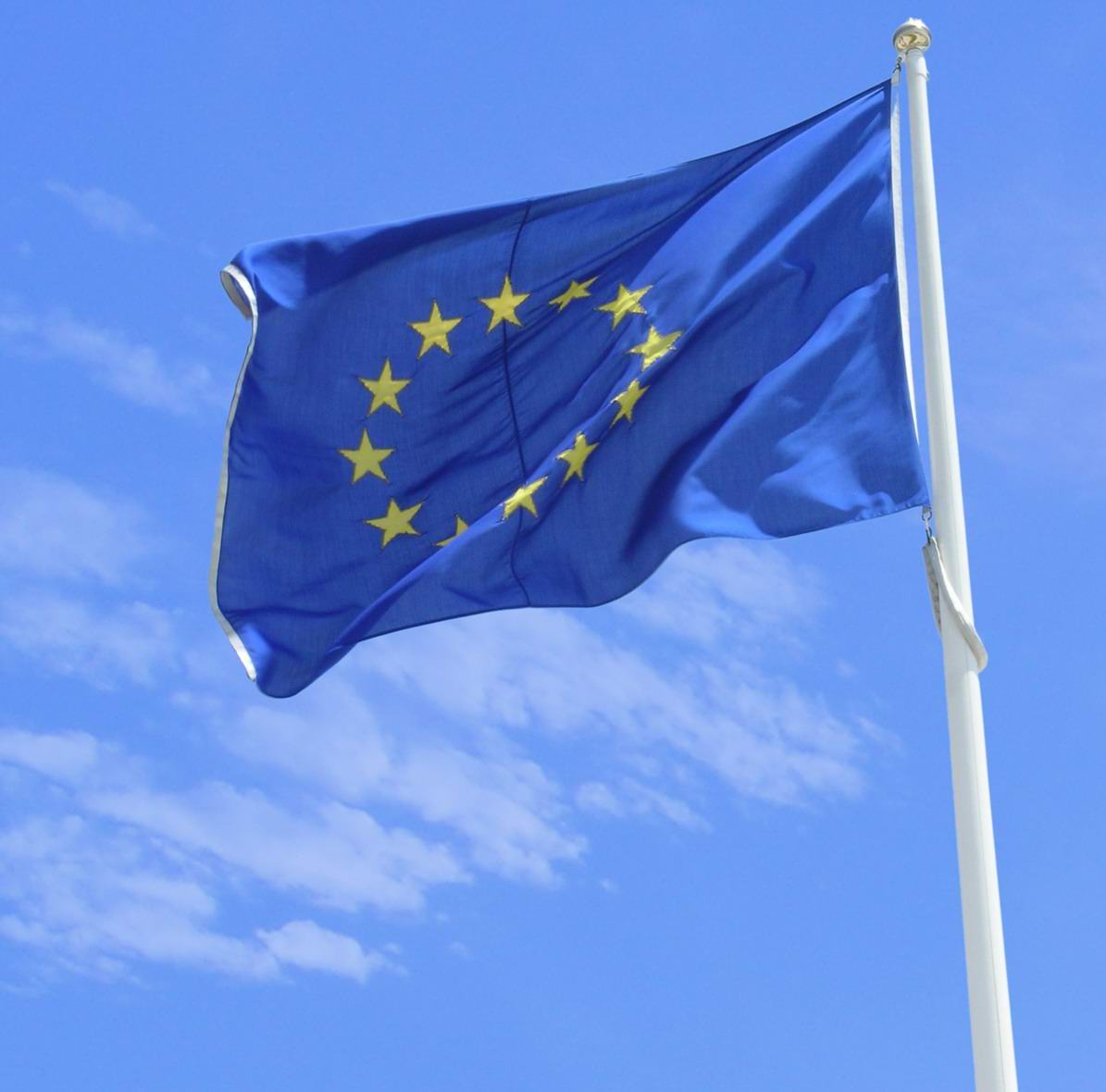European ambassadors and intelligence officials are making discreet trips to the Syrian capital, Damascus in a bid to resume diplomatic contacts with the Syrian government
European ambassadors and intelligence officials are making discreet trips to the Syrian capital, Damascus in a bid to resume diplomatic contacts with the Syrian government.
“Since May, little by little, we have begun to return, at first cautiously for a day, then two, then three,” AFP quoted a European ambassador to Syria who has been based in Beirut since December 2012. “Now we are going once or twice a month,” added the ambassador who was speaking on condition of anonymity on Friday.
“I think that in the first quarter of 2014, you’re going to see many of my European colleagues returning on the road to Damascus,” the diplomat added.
Envoys from Austria, Romania, Spain, Sweden, Denmark and the EU's charge d'affaires now make regular trips to Damascus. A number of the envoys also met with Syria’s Deputy Foreign Minister Faisal Miqdad earlier this week.
“Contacts are being made to open embassies (in Damascus) and most of Syria’s embassies abroad are still open, with the exception of those that Damascus does not want to open,” Miqdad said this week.
The European envoy went on to say that the upcoming Geneva II conference aimed at ending the crisis in Syria “will be a good reason for them to return. They can say that the political situation has now changed, so we can come back.”
According to reports, western intelligence services have also been making contact with their Syrian counterparts to test old ties.
Agence France-Presse (AFP) reports, the representatives of some western intelligence services have also held meetings with Syrian secret service chief, General Ali Mamluk, who is on the EU blacklist.
“The presence of more than a thousand jihadists (terrorists) who have come from Europe to fight in Syria is a serious concern for the countries they come from,” said another Western diplomat.
”That’s why the security services of these countries want to resume cooperation with Syria that has been on hold for the last two years.”